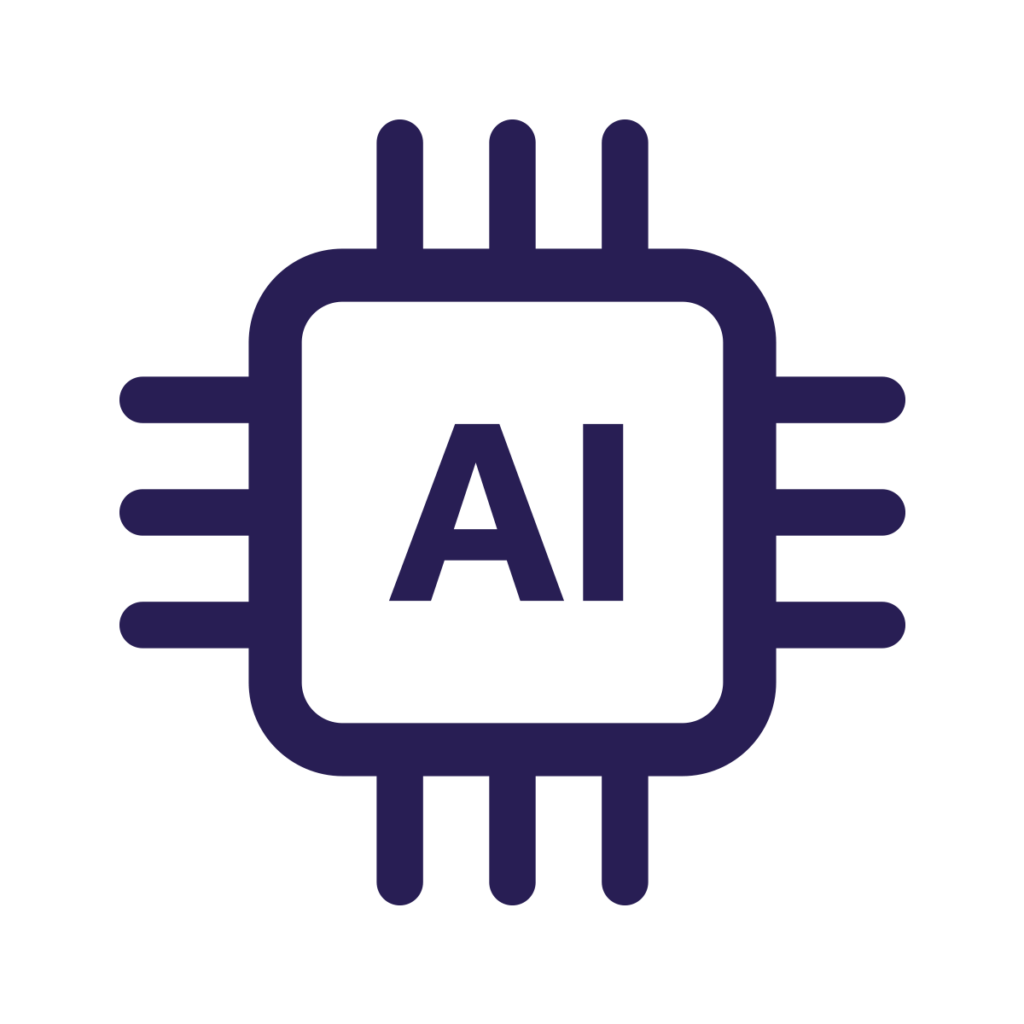
Artificial Intelligence (AI) refers to the simulation of human intelligence in machines that are programmed to think and learn like humans. It involves creating computer systems or software that can perform tasks that would typically require human intelligence, such as perception, reasoning, learning, problem-solving, and decision-making.
How can it help my business?
AI can provide several benefits to small businesses, empowering them to operate more efficiently, make informed decisions, and improve customer experiences. Here are some ways AI can help small businesses:
- Data Analysis and Insights: AI can analyse large volumes of data quickly and extract valuable insights. By utilizing AI-powered analytics tools, small businesses can gain deeper understanding of their customers, market trends, and operational patterns. This information can be used to make data-driven decisions, optimize processes, and identify new business opportunities.
- Customer Service and Support: AI-powered chatbots and virtual assistants can handle customer inquiries, provide support, and offer personalized recommendations. These automated systems can operate 24/7, improving response times, reducing customer wait times, and enhancing overall customer satisfaction.
- Marketing and Advertising: AI can enhance marketing efforts by analysing customer preferences, behaviour, and demographics to create targeted advertising campaigns. AI algorithms can also optimize ad placements and budgets for maximum effectiveness. Furthermore, AI can automate repetitive marketing tasks, such as email marketing, social media posting, and content creation, saving time and resources for small businesses.
- Process Automation: AI technologies can automate various repetitive tasks and processes, reducing manual effort and human error. For example, AI can automate data entry, invoice processing, inventory management, and quality control. By automating these tasks, small businesses can streamline operations, increase productivity, and allocate resources to more value-added activities.
- Sales and Customer Relationship Management: AI can assist in lead generation, lead scoring, and sales forecasting. By analyzing customer data, AI can identify potential leads and prioritize them based on their likelihood to convert. AI can also help manage customer relationships by tracking interactions, providing personalized recommendations, and identifying upselling or cross-selling opportunities.
- Cybersecurity: Small businesses often face cybersecurity threats, and AI can help in detecting and preventing such attacks. AI algorithms can analyse network traffic, identify anomalies, and alert businesses about potential security breaches. Additionally, AI can continuously learn from new threats and update security measures to protect business data and systems.
If you have a Digital Transformation Plan and are focusing on one of the technologies above you may be eligible for DTFF funding.
It’s important to note that implementing AI requires careful planning, investment, and expertise. Small businesses should assess their specific needs, consider available resources, and explore AI solutions that align with their goals and budget. Collaboration with AI experts or leveraging user-friendly AI platforms can assist small businesses in adopting AI technologies effectively.
